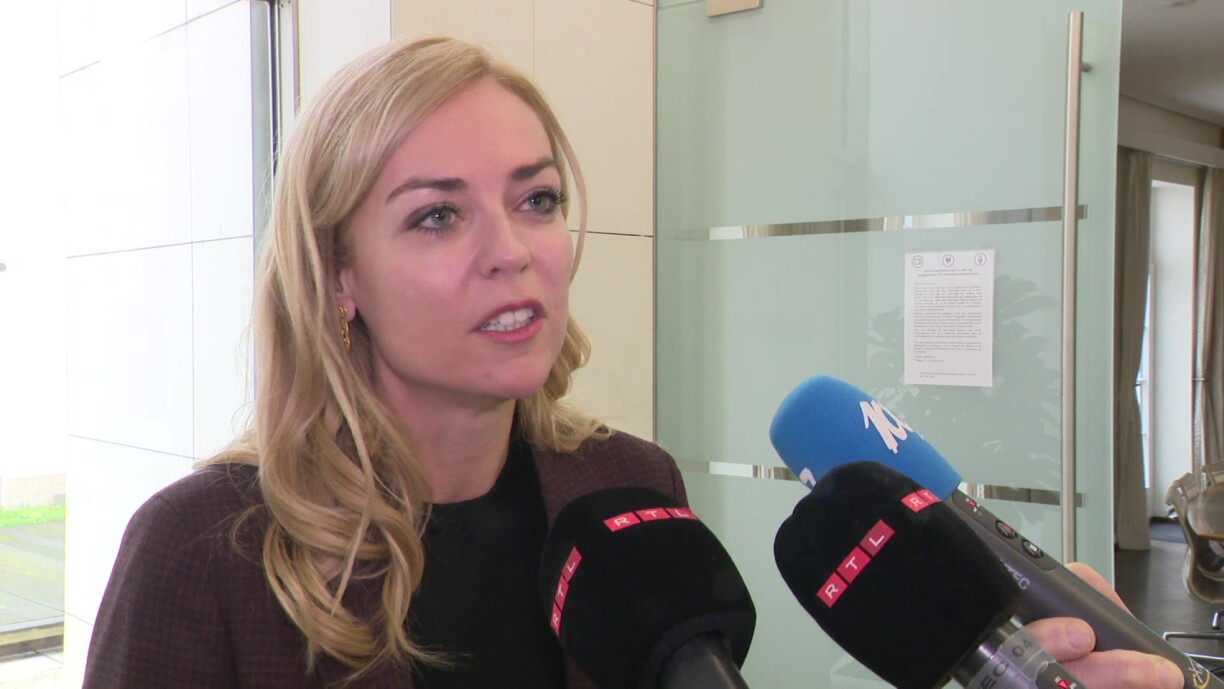
On Wednesday, members of the special parliamentary committee on the Caritas scandal met with representatives of Help on the Ground (HUT), the non-profit association that took over the majority of Caritas Luxembourg’s national activities.
Among those present was Christian Billon, who led the crisis committee established in the wake of the scandal. However, MPs left the meeting with more questions than answers, according to Taina Bofferding, rapporteur of the committee and head of the Luxembourg Socialist Workers’ Party (LSAP) parliamentary group.
Bofferding expressed frustration with Billon’s responses, particularly when asked why no effort was made to reunite all stakeholders to find a solution. Billon reportedly dismissed the idea as “pointless”, claiming it would have “fallen on deaf ears”. Bofferding described his statements as “outrageous”, arguing that they demonstrated a lack of willingness to save Caritas. “They never wanted to save Caritas”, she concluded.
In contrast, Djuna Bernard of the Green Party (Déi Gréng) described the meeting as “insightful”. Bernard questioned whether the state and the Catholic Church should have taken a more active role in addressing Caritas’ financial difficulties. “It’s regrettable that many actors were passive and allowed donors’ money to be transferred to a more neoliberal organisation without strong values”, she criticised.
Meanwhile, Marc Baum of the Left Party (Déi Lénk) highlighted inconsistencies between Billon’s statements and those made by PwC representatives during a previous meeting on Monday. Baum noted that Billon’s account suggested PwC played a more active role in securing financing for Caritas’ activities than previously indicated.
Meanwhile, MP Dan Hardy of the Alternative Democratic Reform Party (ADR) expressed doubts about the current approach to addressing unresolved questions surrounding the Caritas situation. He suggested that establishing an actual committee of inquiry might have been more effective. “We’re increasingly asking ourselves what the purpose of this is and whether it might not also be an attempt to cover up certain issues”, Hardy stated.
Another key question raised during discussions was whether the transition of Caritas activities to HUT constituted a business transfer. According to Baum, Billon was unable to answer this question “in a serious way”.
MP Carole Hartmann of the Democratic Party (DP) came to Billon’s defence, arguing that determining whether a business transfer occurred was not his responsibility. She noted that Billon had explained that Caritas effectively ceased its operations as of 1 October 2024. Based on this, Hartmann concluded that HUT began its activities at that time, taking over most of the tasks previously handled by Caritas. However, she emphasised that the legal classification of whether this amounted to a business transfer would ultimately need to be decided by the courts.
The special committee’s upcoming meetings will involve the personnel delegation of Caritas, followed by a session with Caritas itself. However, no dates have yet been set for these meetings, according to committee president Charel Weiler of the Christian Social People’s Party (CSV). Weiler added that invitations will soon be extended to additional stakeholders, including the diocese and the Federation of the Social Sector (FEDAS).
In related developments, it was announced that CSV MP Ricardo Marques will be proposed to replace Stéphanie Weydert on the Caritas special committee.